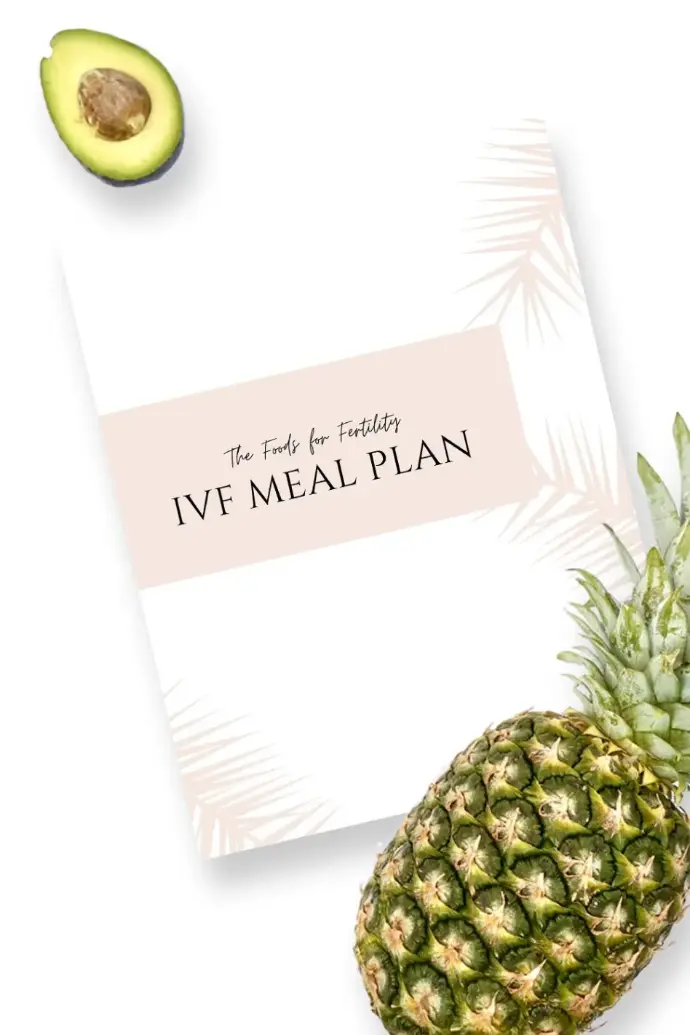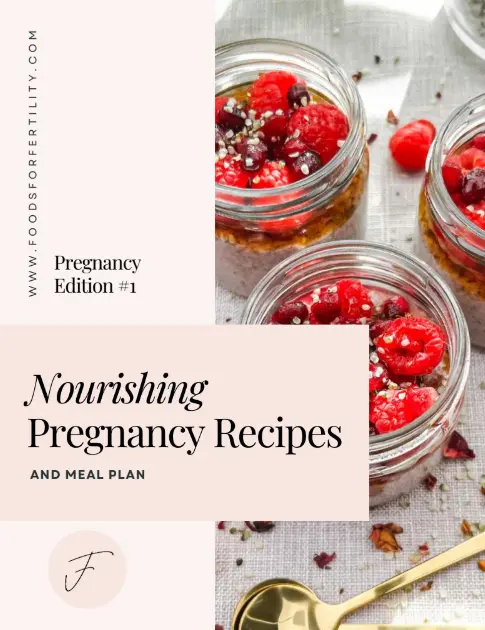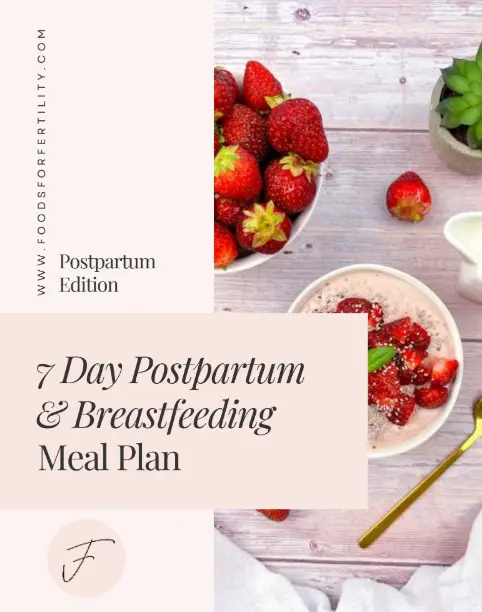For women trying to conceive, nutrition plays a crucial role in reproductive health. A well-balanced diet supports hormonal balance, egg development, and overall fertility. However, under-nutrition—whether due to poor dietary choices, restrictive eating habits, or underlying health conditions—can negatively affect egg quality and fertility, making conception more challenging.
How Under-Nutrition Affects Egg Quality
Egg quality refers to the ability of an egg to mature, be fertilized, and develop into a healthy embryo. Poor nutrition can lead to:
- Hormonal Imbalances: Essential nutrients like folic acid, omega-3 fatty acids, and antioxidants help regulate reproductive hormones. A deficiency in these nutrients can disrupt ovulation and egg maturation.
- Oxidative Stress: Lack of antioxidants increases oxidative stress, which can damage eggs and reduce their viability.
- Poor Cellular Function: Nutrients such as vitamin D, zinc, and iron are vital for cellular health. Deficiencies can impair egg development and reduce the chances of successful fertilization.
The Link Between Under-Nutrition and Fertility
Fertility depends on a complex interplay of hormones, ovarian function, and overall health. Under-nutrition can lead to:
- Irregular Menstrual Cycles: Insufficient calorie intake can disrupt the menstrual cycle, leading to irregular or absent ovulation.
- Lower Ovarian Reserve: Poor nutrition may accelerate ovarian aging, reducing the number of viable eggs.
- Increased Risk of Pregnancy Complications: Nutritional deficiencies can contribute to early pregnancy loss and complications such as gestational diabetes and preeclampsia.
Key Nutrients for Fertility
To support egg quality and fertility, women should focus on:
- Folic Acid: Essential for DNA synthesis and cell division.
- Omega-3 Fatty Acids: Help regulate hormones and reduce inflammation.
- Vitamin D: Supports ovarian function and egg maturation.
- Iron: Crucial for oxygen transport and healthy blood flow.
- Zinc: Plays a role in egg development and hormone regulation.
Improving Nutrition for Better Fertility
Women trying to conceive should prioritize a nutrient-rich diet that includes:
- Leafy Greens: Spinach, kale, and broccoli for folic acid and iron.
- Healthy Fats: Avocados, nuts, and seeds for omega-3s.
- Lean Proteins: Fish, poultry, and legumes for essential amino acids.
- Whole Grains: Brown rice, quinoa, and oats for sustained energy.
- Hydration: Drinking enough water to support cellular function.
For a healthy diet to prepare your body to conceive, check out the Fertility Meal plan here. Under-nutrition can significantly impact egg quality and fertility, making conception more difficult. By focusing on a balanced diet rich in essential nutrients, women can improve their reproductive health and increase their chances of a successful pregnancy. Prioritizing nutrition is a powerful step toward achieving fertility goals.


